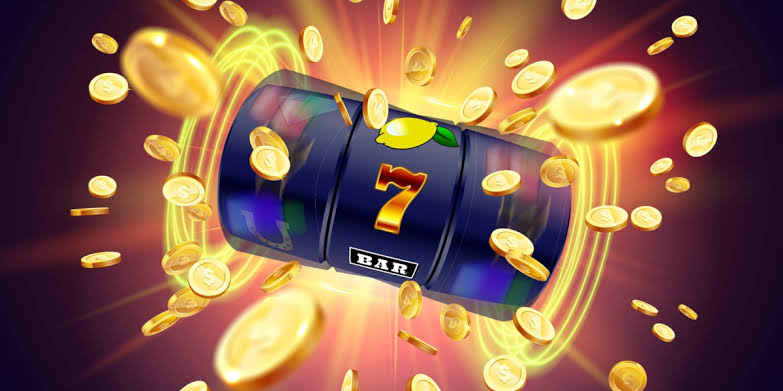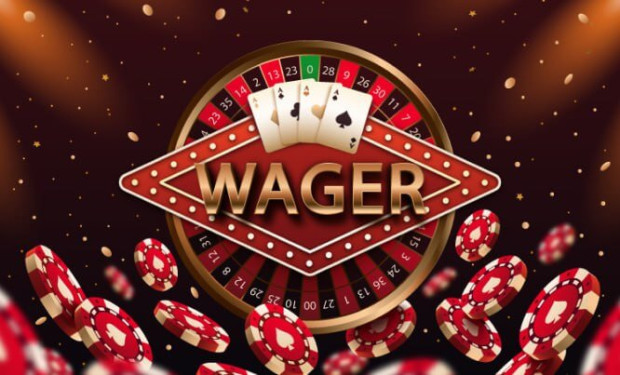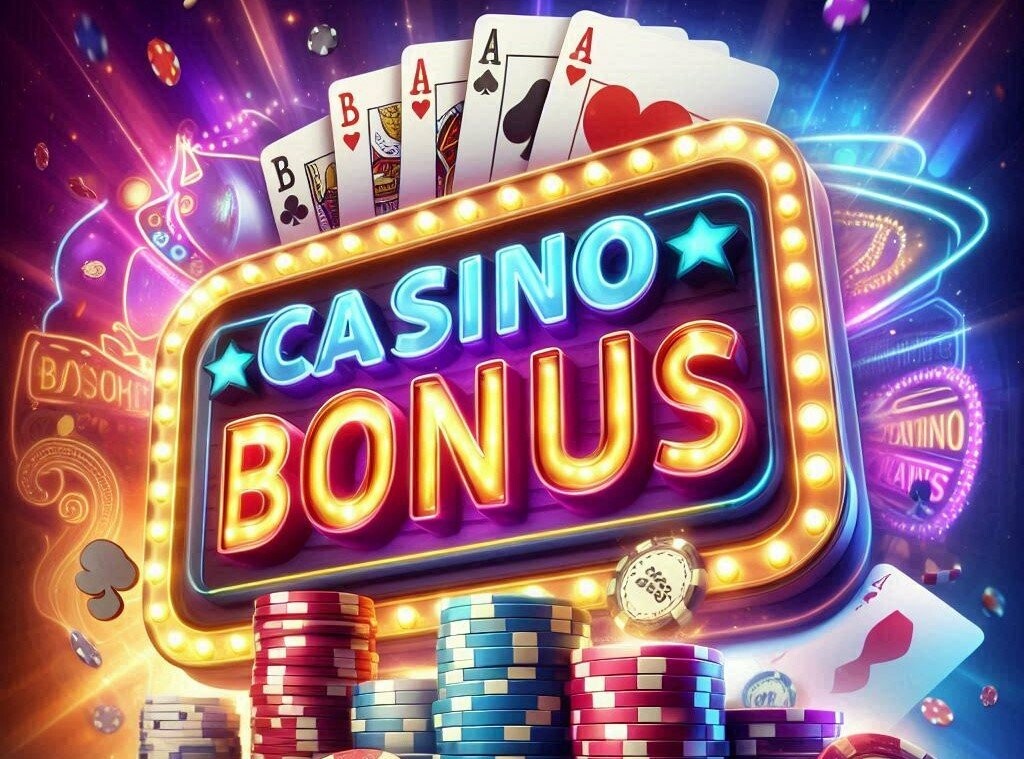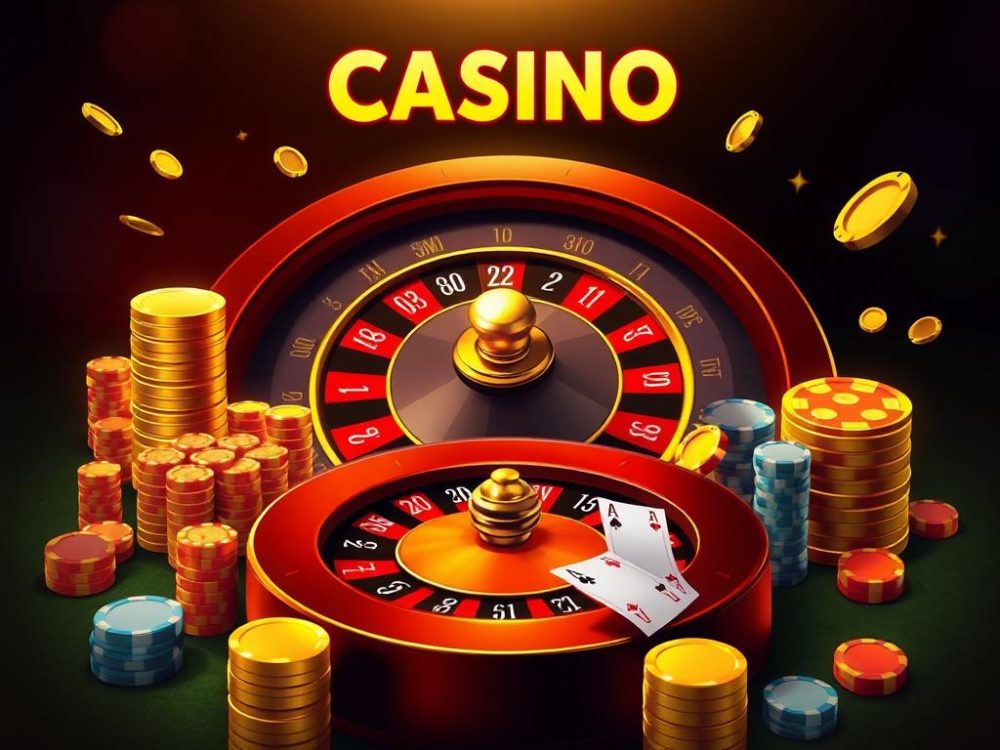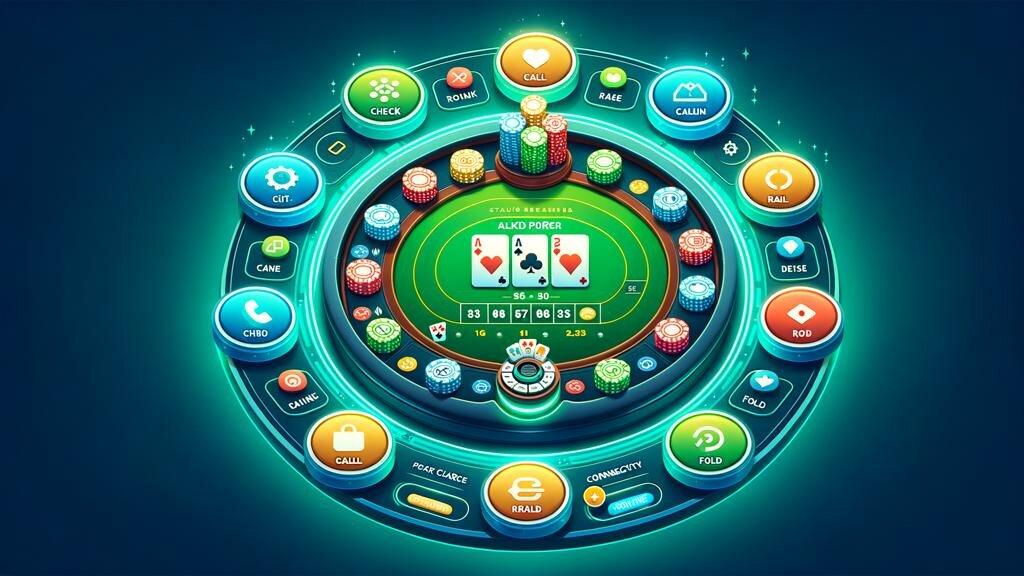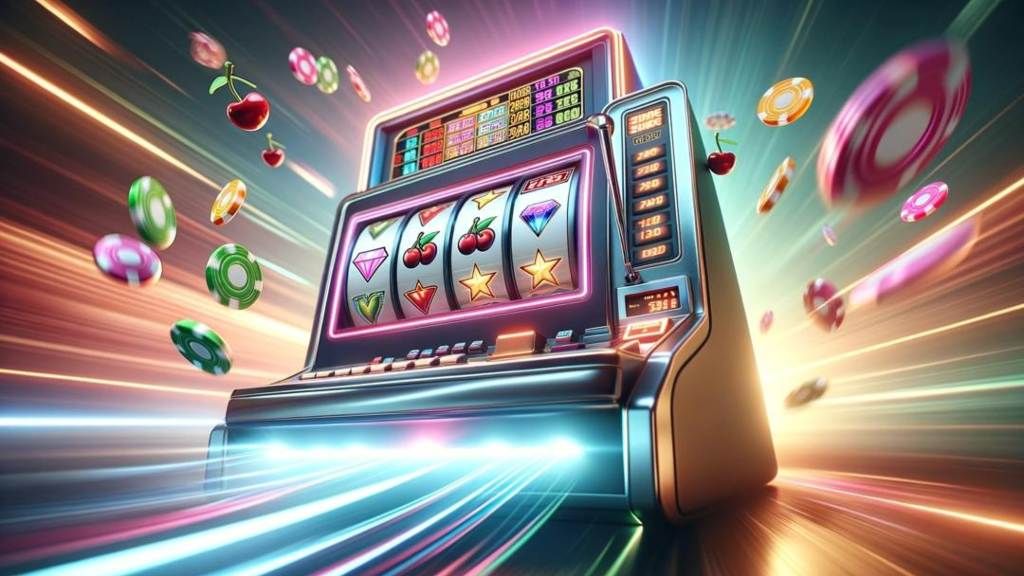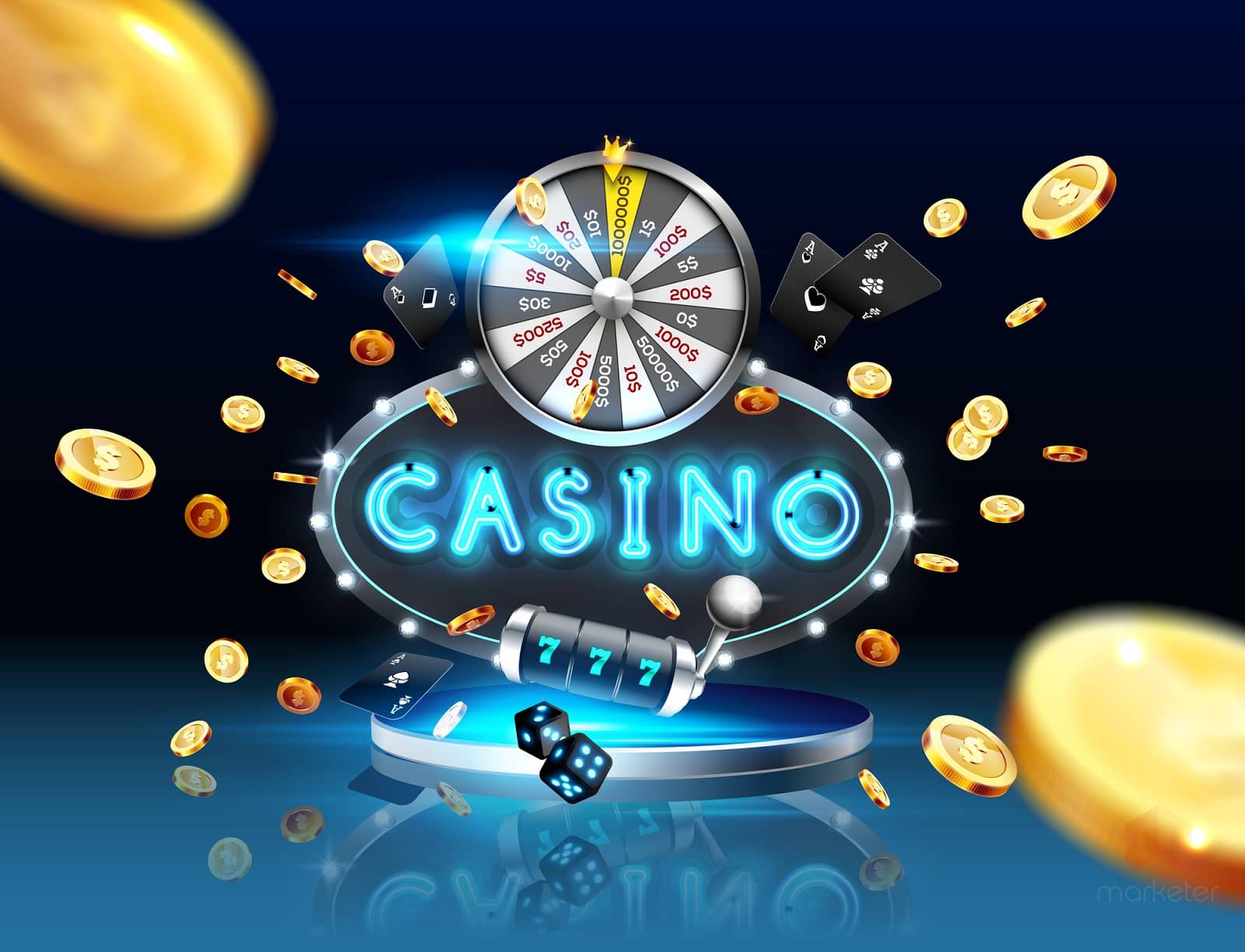Enticing banners from platforms promise generous gifts already with the first deposit. But behind each gift hides a key filter — a wager in online casinos. This formula turns bonus accrual into a conditional reward that cannot be immediately converted into rubles or dollars. It determines the number of bets required to actually withdraw winnings.
Mechanics and significance: what is a wager in a casino
The term comes from the English word “wager” — “bet”. In the gambling industry, it indicates the multiplier by which the volume of bets needed to activate the bonus is calculated. With a wager of ×40 and a $20 deposit, a player will need to place bets totaling $800 before being able to withdraw funds.
Wagering is not always directly applied to the bonus. Sometimes the conditions require wagering both the bonus amount and the deposit. These nuances vary between operators, so careful analysis of the conditions before activating any promotion is important.
Varieties and formulas: types of wagers
Wagering systems are divided into several types. Each type affects the strategy and final result differently:
- On the bonus amount (Bonus Only) — calculates the volume of bets only from the bonus.
- On the bonus and deposit amount (Bonus + Deposit) — almost doubles the wagering volume.
- Free Spins Wager — applied to winnings from free spins.
- Sticky Bonus — bonus amount cannot be withdrawn even after wagering.
- No Wager — a rare case where no wagering is required.
Proper interpretation of the conditions affects the final benefit, reduces risks, and helps use bonus funds within the framework of fair play.
How to meet the wagering requirements: strategies and realities
Every casino gift operates within a specific set of rules. The main rule is to comply with the time limit. On average, the wager in online casinos is active for 3 to 14 days, and any delay reduces the chances of meeting the requirements. It is also important to consider:
- slot restrictions;
- minimum bets;
- contribution of different games to meeting the requirements (for example, slots count 100%, blackjack counts 10–20%).
Many beginners overlook the concept of volatility. High volatility promises large but rare wins. Medium volatility offers a balanced ratio. Low volatility provides stable but small payouts. When meeting the bonus wager, it is easier to fulfill the requirements in games with medium volatility and high RTP (Return to Player). For example, the slot Book of Dead has an RTP of 96.21%, which is above the market average.
One step — three consequences: meeting the wagering requirements in detail
A simple calculation shows that with a promotional deposit of $30 and a wager of X35, you need to wager $1,050. This is not the amount to deposit, but the volume of bets required for actual withdrawal.
It is important to choose the right tools:
- Slots — quickly cover the wagering volume, especially with the Auto Spin feature.
- Roulette — the contribution to wagering is often undervalued.
- Poker — requires strategy but offers lower percentages towards meeting the requirements.
- Live Casino — not always included in the wagering conditions.
Progressive jackpots require special attention — games with this mechanic often do not contribute to meeting the wagering requirements. While these slots offer the chance to win big, they do not help fulfill the wagering.
Casino bonuses with wagering requirements: expectations and reality
Bonus policies of platforms vary from country to country. For example, European licensed casinos often limit the wager to X20–X40, while unlicensed sites may set it at X60 and higher. Checking the conditions and license of the platform is a mandatory part of the analysis.
Most operators in 2025 offer promotional offers with promo codes. For example, entering the promo code “SPIN100” on the LuckySpin platform activates 100 free spins with a wager of X30. It is important to clarify whether winnings from spins can be used for other promotions.
Verification, account, and limits
After successfully meeting the wagering requirements, the system requires verification. Without confirming your identity, withdrawal of funds is not possible. Delays, rejections, or blocks occur in case of rule violations, creating a second account, or discrepancies in documents.
Withdrawal limits may also apply. For example, a platform with a X40 wager restricts bonus withdrawals to up to 5 times the amount. With a $1,000 win from a promotional deposit of $2,000, you can only receive $10,000 — the rest is forfeited. It is advisable to study the limits and conditions for using bonus funds in advance.
Key indicators for meeting the wagering requirements in online casinos:
- Wager — X20–X60.
- Validity period of the casino gift — from 24 hours to 14 days.
- Game contributions — slots (100%), live casino (0–10%), table games (10–20%).
- RTP — preferably not less than 95%.
- Volatility — medium or high.
- Maximum bet — often limited (e.g., 500 rubles).
- Progressive jackpots — not considered.
- Withdrawal of funds — possible only after full verification.
- Bonus win limit — fixed (e.g., up to 5 times).
- Promo codes — activate specific promotions with attached conditions.
Adhering to these parameters directly affects the ability to withdraw funds and the final profit. Ignoring even one condition can lead to nullifying winnings or account freezing.
Why the wager in online casinos is an indicator of transparency
The wager in online casinos serves not only as a barrier but also as a marker of the platform’s fairness. Transparent conditions, clear rules, and accessible analytics signal compliance with the requirements of international regulators. Reliable casinos publish the parameters of gaming rewards openly, record the contribution of each game type, do not hide limits and deadlines.
Approaching the wager sets legal businesses apart from pseudo-platforms. For example, casinos licensed by the Malta Gaming Authority or the UK Gambling Commission strictly regulate the structure of bonuses, including variance levels, game restrictions, and the possibility of canceling them without consequences for the deposit. This ensures not only legality but also equal conditions for all participants in the gaming process.
How a license affects the wager conditions in online casinos
The license of the regulatory body guarantees stable conditions. Casinos without official registration often manipulate wager values, do not publish rules, and cancel winnings without explanation.
Verified operators adhere to standards:
- specify the wager in the bonus terms;
- limit it to a maximum value (usually X35–X40);
- allow early bonus cancellation;
- do not hide game and bet restrictions.
For example, casinos licensed by Curacao often set the upper limit of the wager at X30. Stricter norms apply in Malta-licensed casinos — there the coefficient rarely exceeds X25.
Conclusion
The wager in online casinos is not just a formality but a tool that directly affects the withdrawal of winnings. Ignoring the rules leads to loss of the bonus, account blocking, and cancellation of winnings. Understanding the structure, conditions, and calculations gives the player an advantage and protects against unjustified losses.

